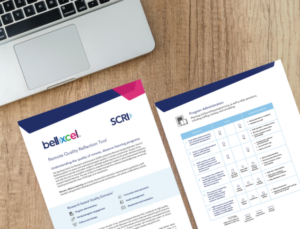Category: Uncategorized
BellXcel Boosts Teacher Practices Throughout the School Year
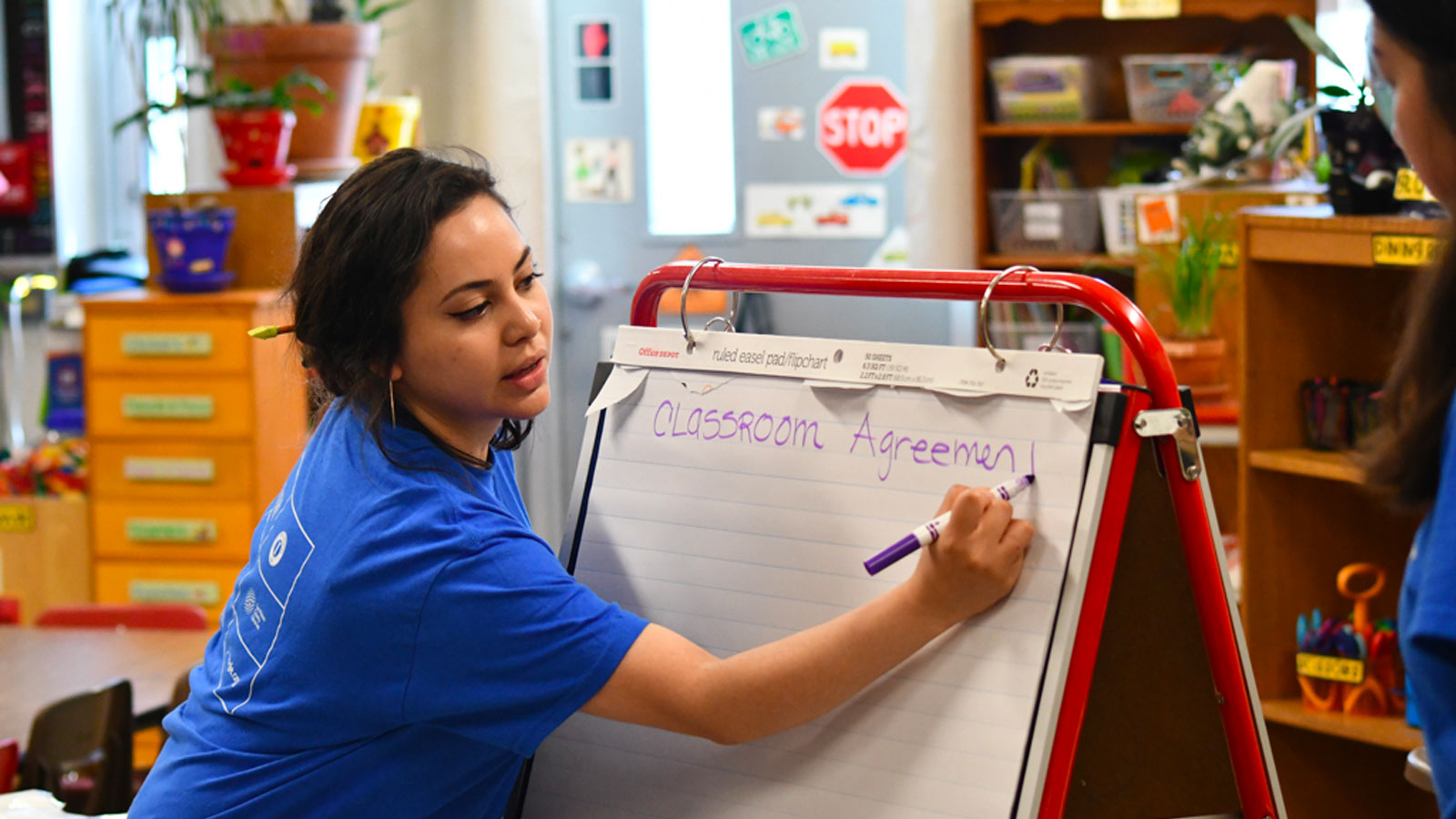
Summer can be a good time to boost teacher practices
Opportunities for practicing student-centered skills and developmental feedback is more critical than ever
JANUARY 1, 2021 – Ninety-nine percent of teachers engaged in some type of summer professional learning activities in 2019 and applied relevant strategies and tools to improve their school year practices. Yet, according to a first-ever national survey of teachers’ summer professional learning highlighted in a recent RAND Corporation study, opportunities for developmental feedback as part of summer professional learning were uncommon. On the heels of the COVID-19 crisis and extended school closures, access to high-quality professional learning experiences for teachers is more critical than ever.
RAND surveyed K-12 teachers nationally through its American Teacher Panel (ATP) and studied BellXcel Summer (BXS), an evidence-based summer program model that provides academic instruction, rooted in social and emotional learning (SEL), to students and professional learning opportunities for teachers. The study explored the national context of professional learning, including teacher perceptions of their experiences, and investigated how BXS teacher experiences compare with those in other programs across the country.
The research evidence is clear that summer is a prime opportunity for children to strengthen academic and social and emotional skills, and teachers to strengthen their professional development, through high-quality, evidence-based programs. Study co-author, Elizabeth D. Steiner, a policy researcher at RAND, a nonprofit research organization, commented,
“The COVID-19 pandemic has exacerbated pre-existing inequities that affect students’ ability to learn and nearly all students have been affected by school closures. Our survey of teachers found those employed in summer programs that provide academic instruction could also improve in certain classroom practices during the school year – particularly strategies to support students’ SEL and positive behavior management.”
BellXcel CEO Lauren Gilbert, Ed.D, a former educator and school administrator, remarked,
“Summer programs are more critical than ever to mitigate learning loss, and this study clearly demonstrates that teachers need to be part of that catch-up initiative. Programs such as those powered by BXS offer teachers powerful, on-the-job professional development opportunities to freely explore and expand their student-centered instruction skills and practices – including positive behavior management and social and emotional learning, without the pressures and constraints of the school year.”
Academic summer programs for students—run by school districts and community-based youth development organizations alike—can incorporate teacher professional learning into their own summer programs. The findings in this study can help school leaders and program administrators to make teacher professional learning an intentional piece of their programs and focus on strategies that teachers can use during the school year.
Key Findings:
- Nationally, 99 percent of teachers participated in one or more professional learning activities over the summer and believed that they were relevant, helpful for improving instructional practice, and just as useful as other activities the teachers’ schools and districts provided. However, opportunities to receive developmental feedback (i.e., feedback for the purpose of developing instructional skills) about instruction in the summer were uncommon.
- Teaching in an academic-focused summer program may provide teachers nationally with opportunities—such as coaching and observations—to receive developmental feedback about instruction and to practice and improve in certain classroom practices.
- According to teachers, BellXcel Summer (BXS), an academic-focused summer program for students that provides professional learning opportunities to its teachers, had a positive and supportive environment that supported their professional learning.
- BXS teachers reported that the absence of school-year constraints such as testing and curriculum pacing requirements made the use of some student-centered classroom practices easier during the summer than during the school year.
- BXS teachers were more likely than teachers nationally to report that their summer professional learning experiences helped them improve their use of student-centered practices during the school year.
- Academic summer programs may provide unique professional learning opportunities for teachers to practice and improve their use of student-centered classroom practices—particularly positive behavior management and promoting social and emotional learning for students. BXS provided useful insights into the features of academic summer programs that may facilitate teachers’ professional learning, such as the absence of school-year constraints paired with positive and supportive teaching environments.
Community Engagement Leads to Year-Round Success in San Antonio, TX
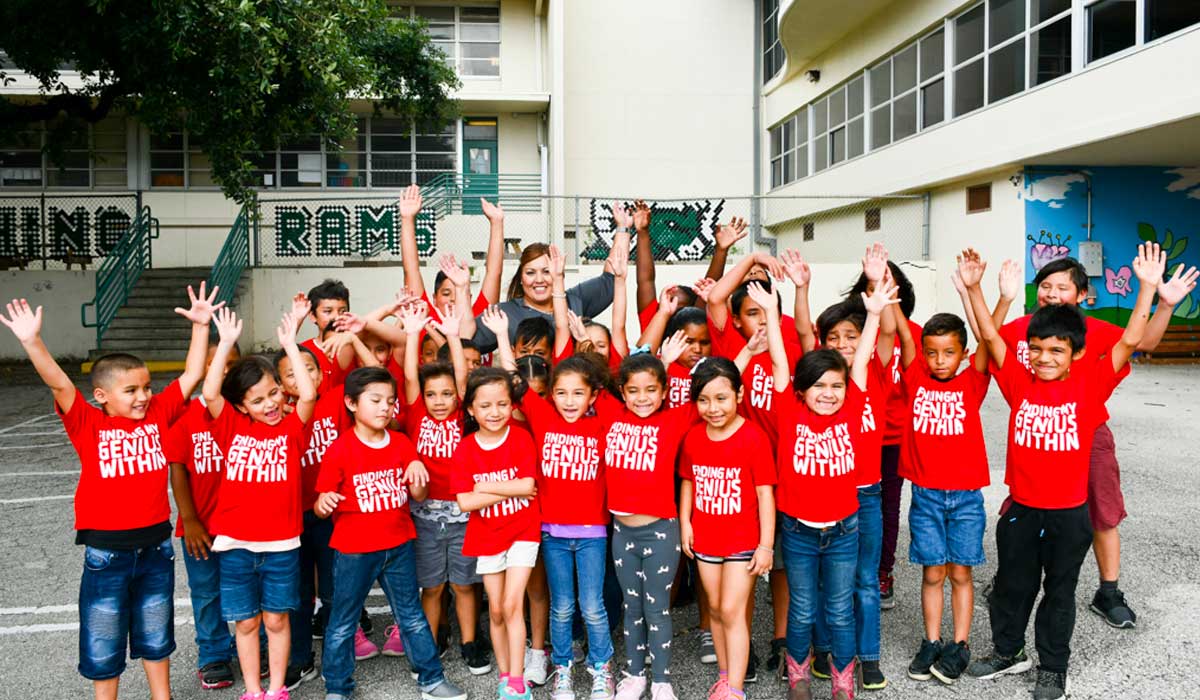
SEPTEMBER 10, 2019 – When 10-year-old Hattie Tillman, a rising 6th grader enrolled in YMCA of Greater San Antonio’s Power Scholar Academy (PSA), first embarked on her summer learning journey, she struggled with growth mindset. Today, when she gets an answer wrong, instead of shutting down like she used to, she says,
“It’s OK. I will get the next one right!”
Once shy, she now beams with confidence. She enjoys helping other scholars. Her math and reading skills have always been solid, and through PSA, she’s bringing them to another level.
“Here, she’s taking concepts she learned in the school year, and applying them to real-life, instead of compartmentalizing them. She’s learning that they’re all interconnected,” says Veronica Mansfield, academic instructor in PSA and a certified teacher during the school year.
“She keeps pushing. Her confidence has improved. I’m proud of her,” said Hattie’s mother Karen Beard. “There’s a lot of negative pressure and violence in our neighborhood. She’s in a safe place to learn and grow.”
“Children in our community really need this program. They don’t have access to the same things other children do over the summer,” says Catherine Alvarado, Senior Director of Grant Administration and Program Innovation. “This is one of the poorest districts in San Antonio, and literacy is one of our biggest areas of need. This is my community. What pulls me in is knowing that we are helping children become more successful.”
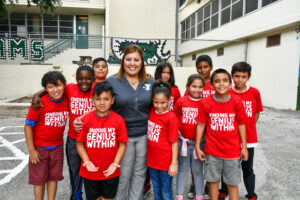
The PSA program’s success can also be attributed to the school’s emphasis on community engagement through partnering with the PSA program. This relationship isn’t confined to the summer months. It is year-round. Two PSA program directors, Elisa Felix and Edna Castillo-Saucedo, are embedded in the schools during the school-year.
“Being in the school enables me to closely work with teachers and counselors, and engage with parents, to identify and enroll students who need extra help into the summer program,” Felix says.
“We see the difference this level of engagement with schools is having compared to other sites,” said Alvarado. “We are a pillar of the school. We are a bridge for that continuum of learning with students from their community. When we speak to a financial supporter about the community needs, we speak to our impact on scholars, teachers, and on moving the entire school forward.”
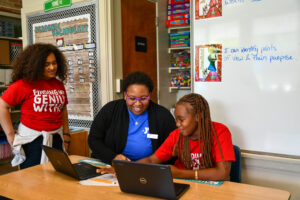
The partnership with BellXcel has helped their program reach new heights of success, says Alvarado.
“This is too big a problem for one agency to handle alone,” Alvarado says. “Without the support of BellXcel, we wouldn’t have the data we so desperately need to prove that the program is working. Funders want to see outcomes, more than just outputs. BellXcel helps us prove that what we are doing in the partnership is working.”
BellXcel’s 2021 Educator of the Year
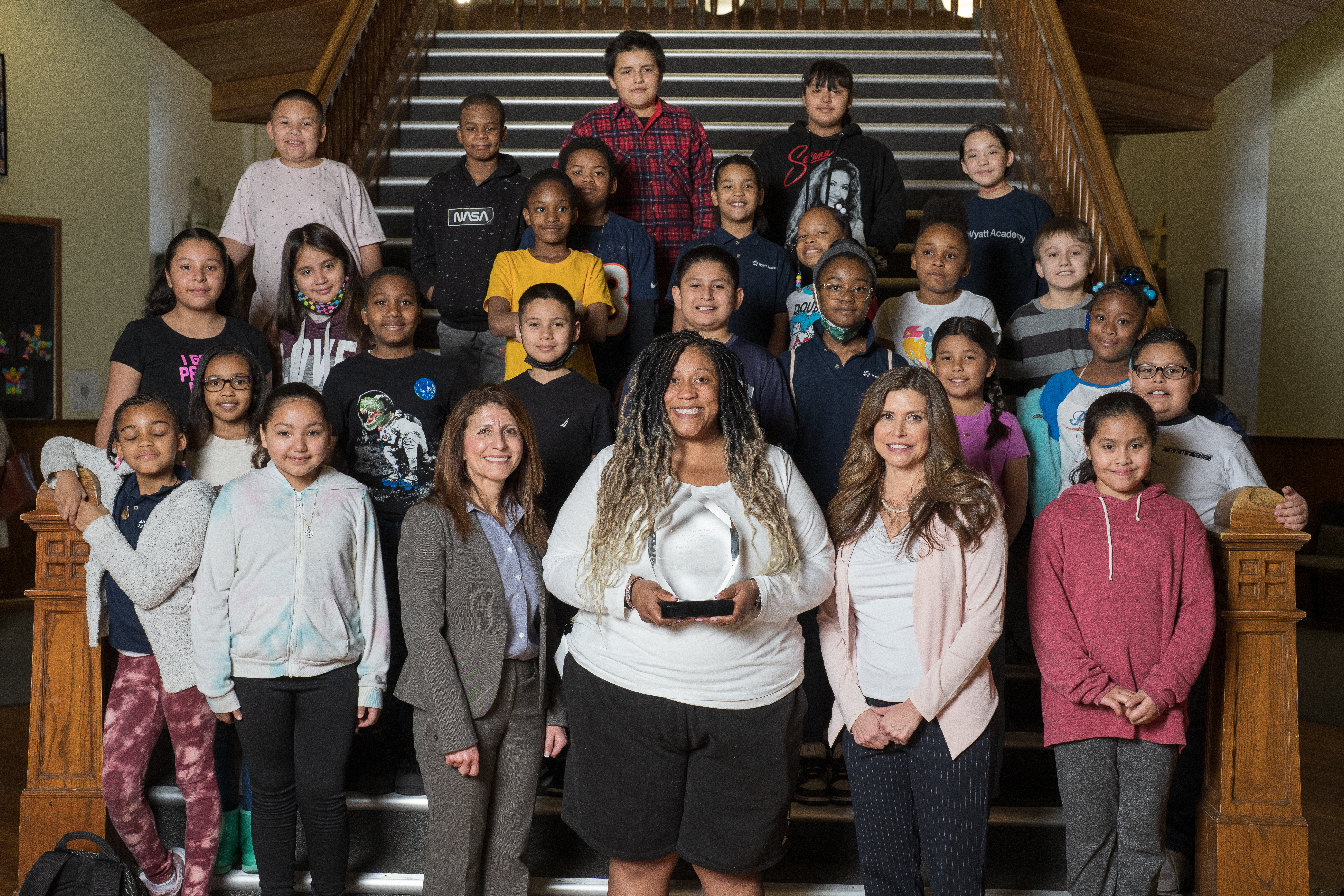
BellXcel Names 2021 Educator of the Year Melody Means of the YMCA of Metropolitan Denver and co-principal at Wyatt Academy, Denver, Colorado
MARCH 18, 2022 – Denver, Colorado – An unwavering commitment to the young people in her community, steadfast support of her colleagues and a courageous approach to leadership were just a few of the many reasons Melody Means of the YMCA of Metropolitan Denver and co-principal at Wyatt Academy, has been named BellXcel’s 2021 Educator of the Year. She is the first Colorado educator to receive this recognition from BellXcel. As a leading national youth development expert, BellXcel evaluates thousands of educators nationwide for that outstanding educator dedicated to helping children reach their full potential.
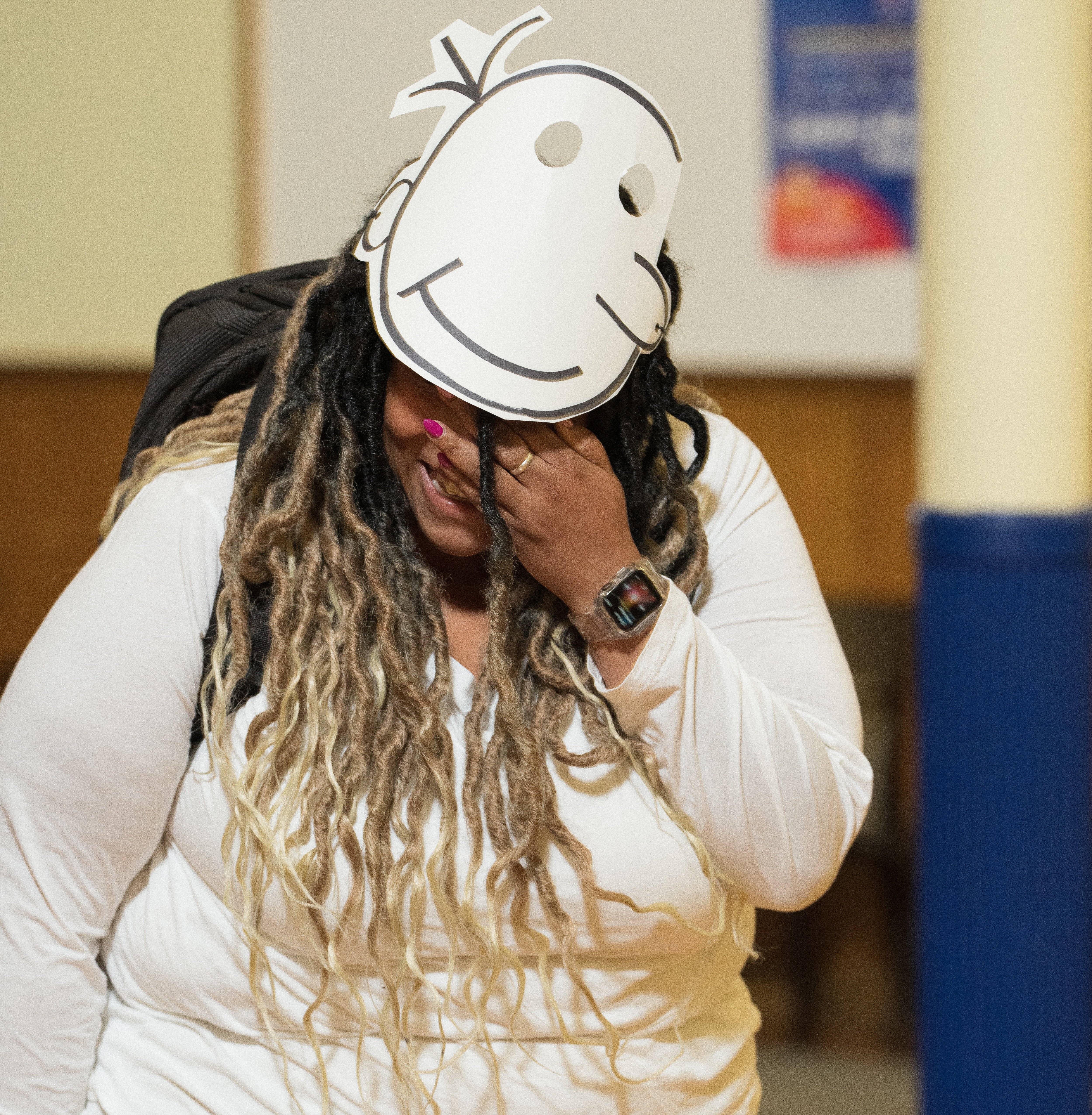
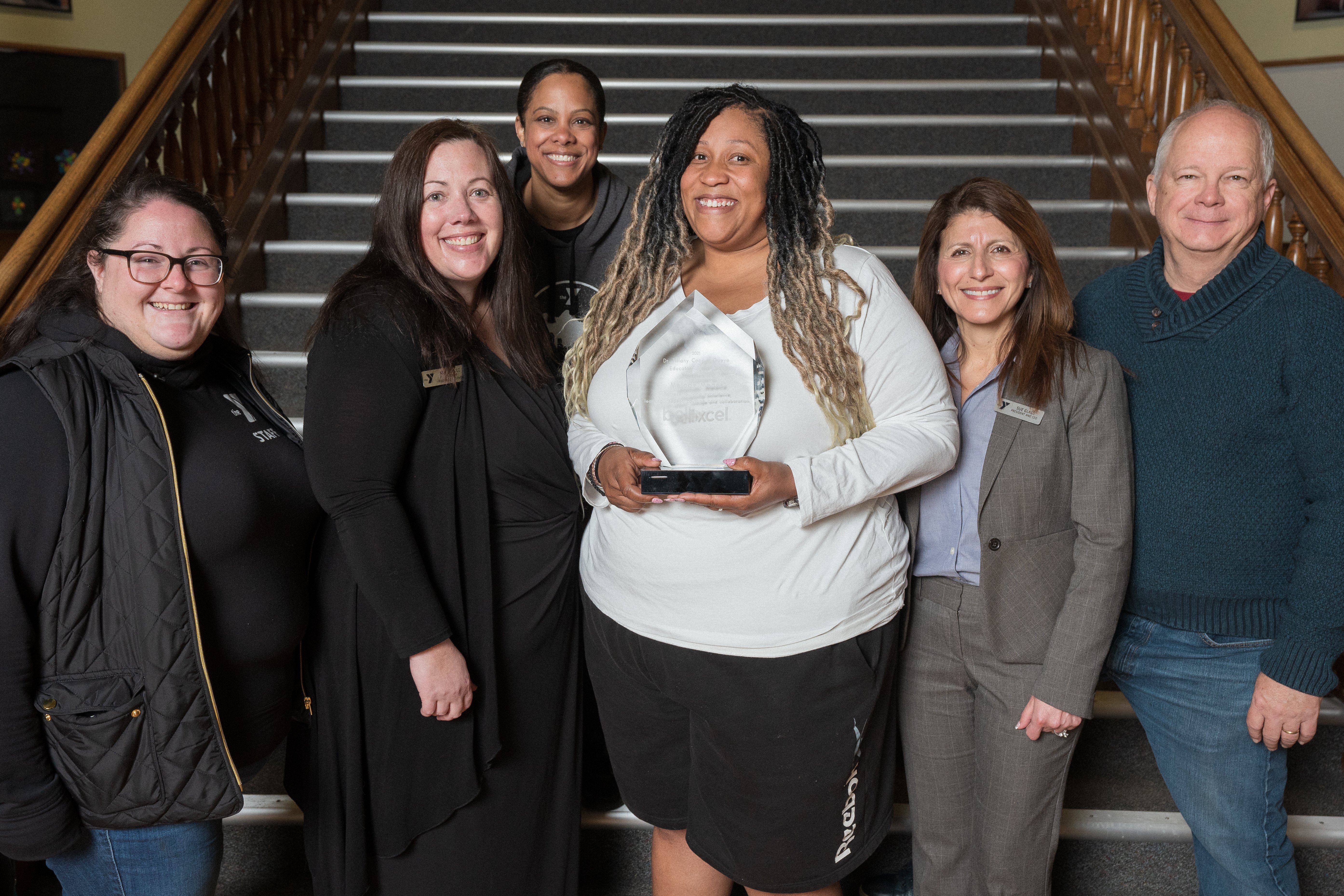
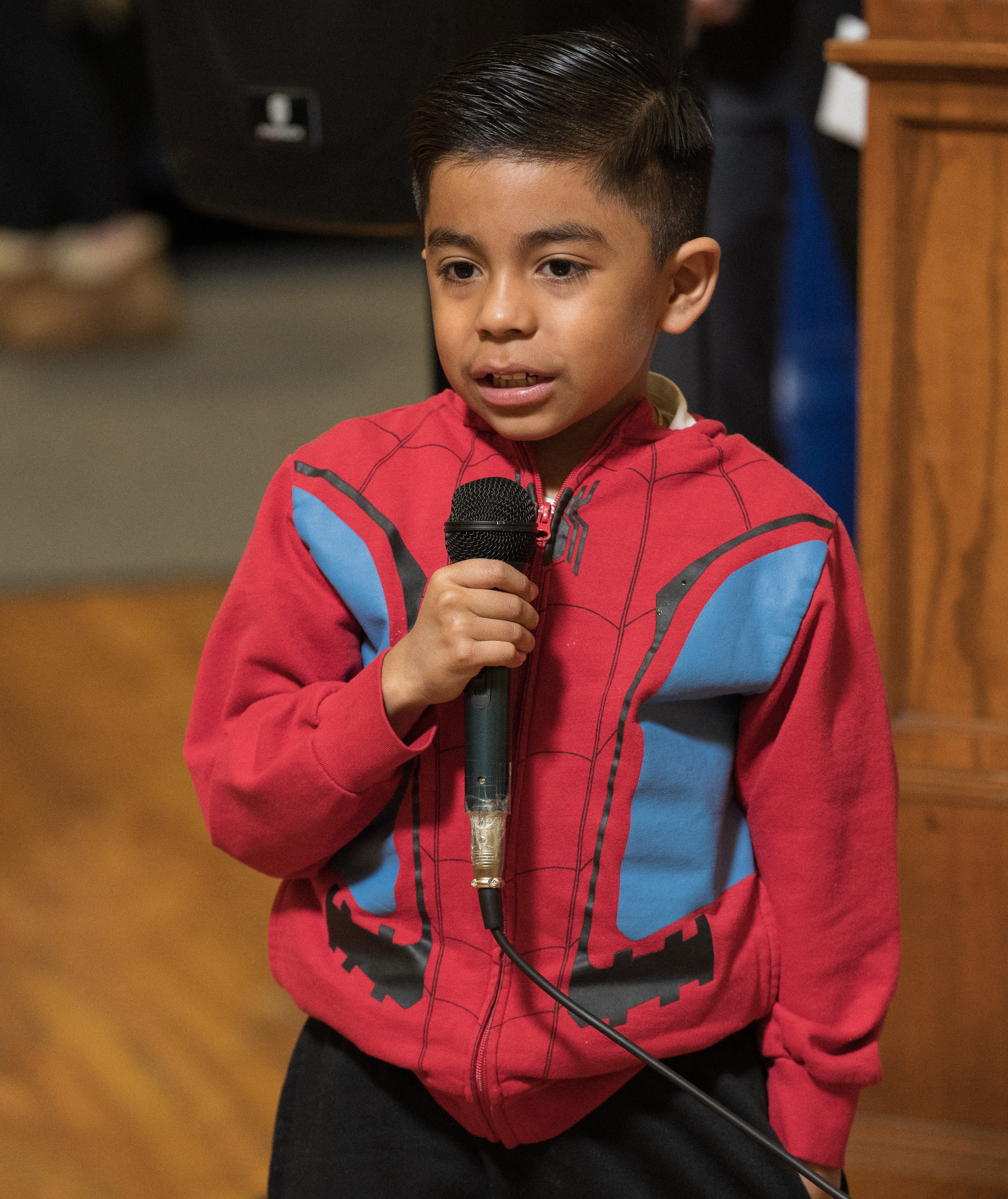
As an educator serving hundreds of scholars during the summer through the YMCA of Metropolitan Denver’s Power Scholars Academy (PSA) program, Melody best exemplified the core values that inspire BellXcel’s award – excellence, learning, respect, courage and collaboration. The PSA program produces measurable outcomes in improving education readiness and academic achievement over the summer for underserved students in K-5th at four schools in Denver and in the Cherry Creek School District.
“Melody has been an integral part of the YMCA’s Power Scholars Program at Wyatt Academy for many years. She has been an advocate from the very beginning who strongly believes in the work that the Y is doing to close the achievement gap in our Denver Community. We are grateful for her dedication in fostering healthy, confident and resilient changemakers,” remarked Sue Glass, President and CEO, YMCA of Metropolitan Denver.
Dr. Lauren Sanchez Gilbert, CEO of BellXcel remarked, “It is my great honor to present this award to a woman that embodies the total essence of the BellXcel Educator of the Year. To hear the words shared by her colleagues as they nominated her for this deserving recognition was inspiring. It is undeniable – the impact Melody Means has made on youth is significant, and it extends far greater to include her fellow teachers, families and the community at-large.”
During the school year, Melody is also co-principal at Wyatt Academy. Her summer and school-year counterpart, Sarah Grant, has worked alongside Melody for the past 8 years and shared,
“Melody sets high expectations for teachers, students and community members. She believes in the potential that students have and encourages them to challenge themselves so that they can reach their full potential.” Speaking to Melody’s courage and commitment to growth mindset, Sarah added, “She is always pushing herself to learn and grow and even now is pursuing a Master’s degree and additional licensure. She is a black woman leading in a space that has hundreds of years of systemic racism – this in and of itself takes courage.”
About the YMCA of Metropolitan Denver
The YMCA of Metropolitan Denver is dedicated to the health and well-being of all. As a catalyst to transform lives and communities, our programs are embedded throughout metro Denver in wellness centers and through partnerships with other nonprofits and community-serving agencies. The YMCA’s Power Scholars Academy produces measurable outcomes in improving education readiness and academic achievement over the summer for underserved students in K-5th at four schools in Denver and in the Cherry Creek School District. For more information, visit www.denverymca.org.
About BellXcel
As a national youth development expert, BellXcel builds the capacity of youth-serving organizations to run high-quality programs through an evidence-based software solution. Combining program management with whole child curriculum, social and emotional learning, expansive professional development and coaching, BellXcel brings all the ingredients together in one place. For more information, visit www.bellxcel.org.
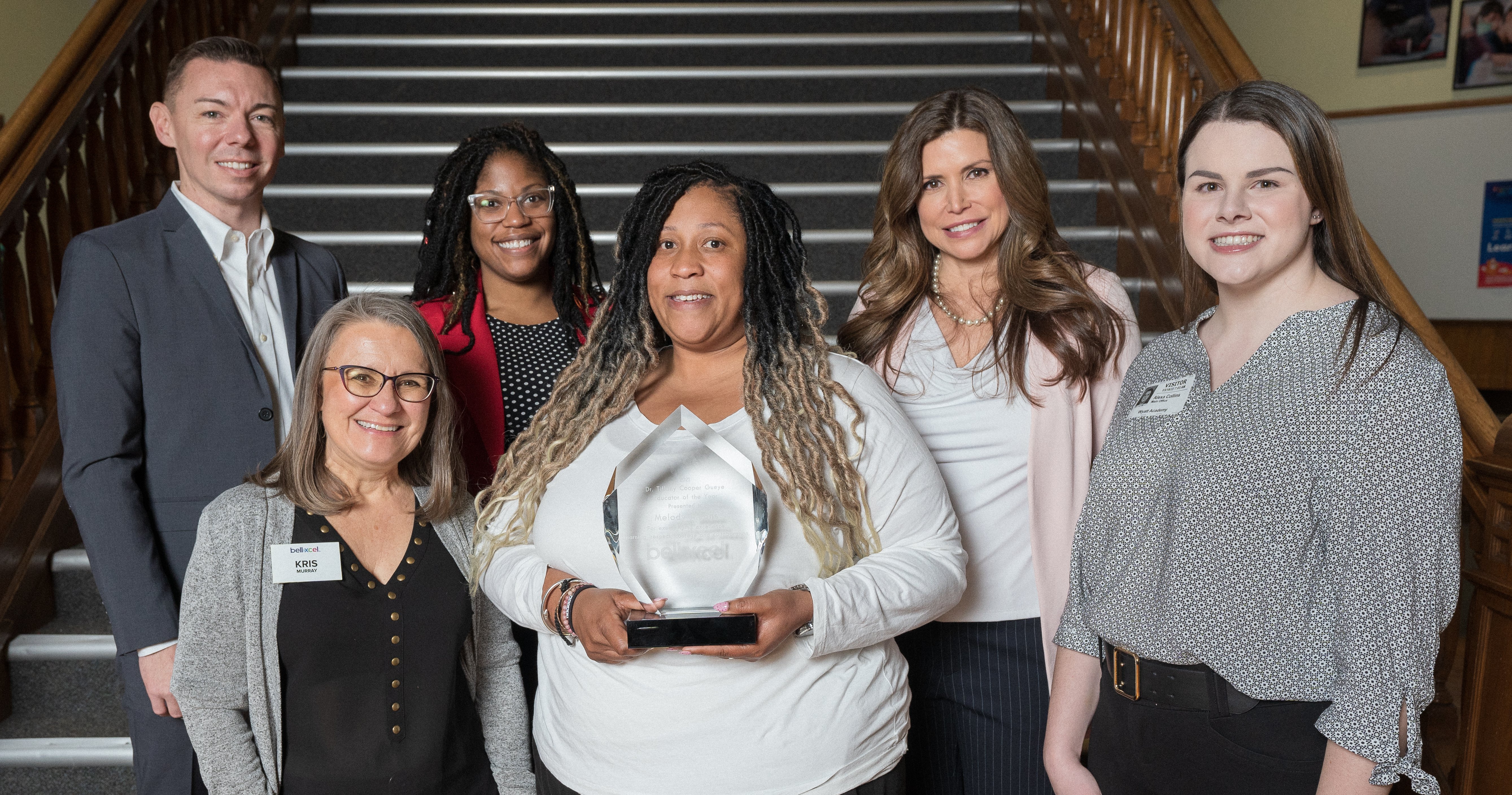
Case Study of a Summer Partnership: Boys & Girls Club of Providence
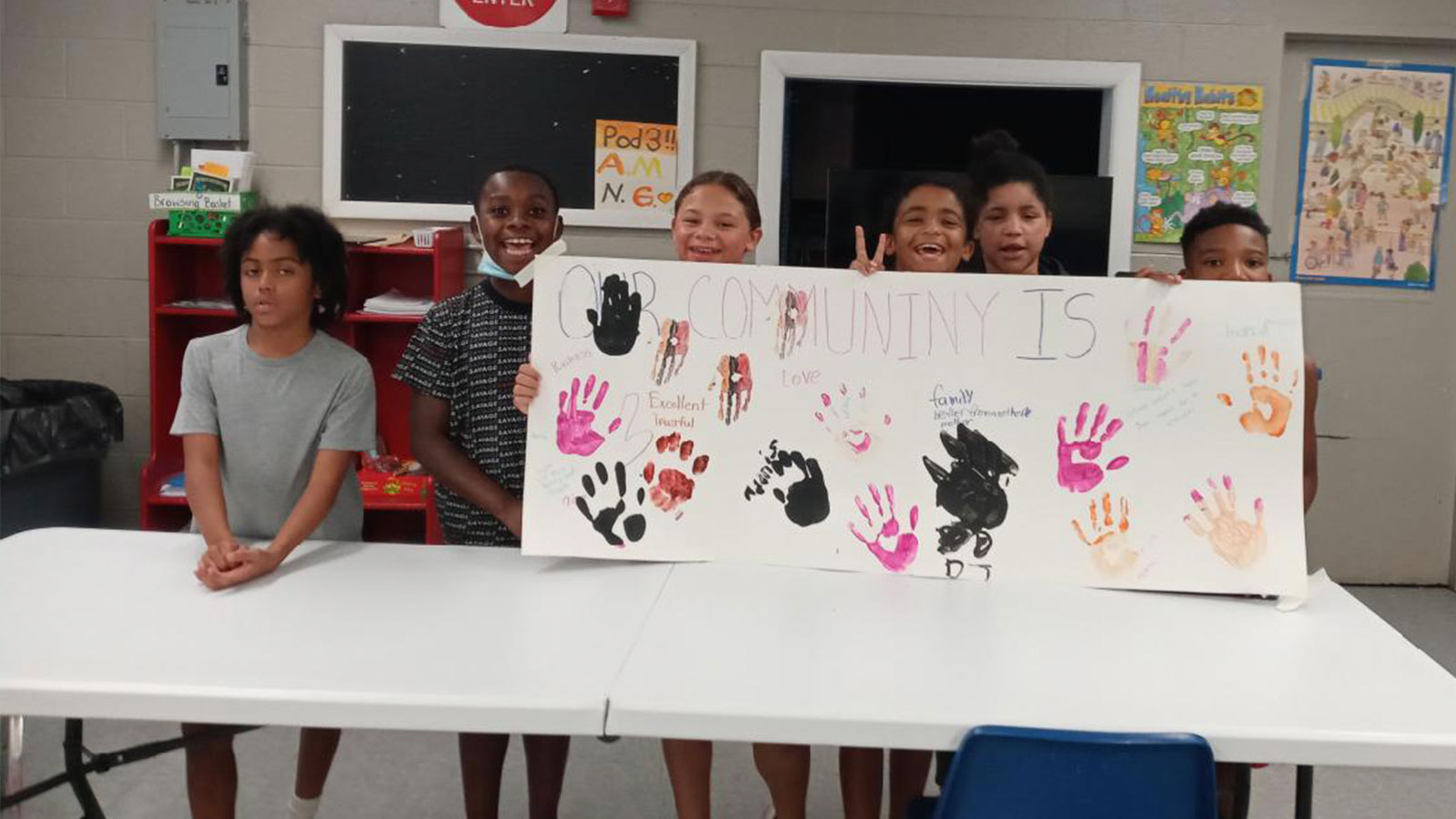
FEBRUARY 1, 2020 – The Boys & Girls Clubs of Providence (BGCP) Rhode Island recognized a need to address summer learning loss in their local community. In 2019, BGCP was eager to deepen its partnership with the school district and to help kids improve their academic skills to support the community and the District’s Turnaround Action Plan. BGCP learned of BellXcel’s evidence-based partnership model, which offered the flexibility, tools, coaching, and professional learning to meet BGCP’s needs.
The partnership combined BGCP’s 150 years of serving the Providence community with BellXcel’s expertise in academic out-of-school-time impact. This combination empowered BGCP to implement a high-quality summer learning program to address learning loss. Using data from 2019 and 2020 surveys, assessments, quality observations, and interviews, BellXcel’s research affiliate, the Sperling Center for Research & Innovation (SCRI), analyzed the summer learning program’s impact on youth staff, families, and the community.
SCRI found that BGCP’s program model was indeed successful, highlighting:
- BGCP served and engaged their community and over 230 youth in summer learning with 54 program days, 160 hours of academic instruction, and over 30 unique enrichment experiences.
- The programs established high-quality, enriching, and engaging experiences which promoted SEL and academic growth.
- Professional development prepared staff with high-quality instructional practices.
- Quality observations found that the program exceeded quality goals.
- The program was enjoyable, exciting, and supportive of family, staff, and youth engagement and growth.
- Staff also established an emotionally safe environment and trusting relationships with youth and families.
- The environment, combined with a flexible summer curriculum, boosted SEL and enabled the program to successfully reverse learning.
Click here to read the full case study!
“A favorite moment was when a scholar who is generally shy and anxious began to volunteer and participate more actively in whole group discussions without needing prompting.”
– BGCP Staff Member
BellXcel Announces Arly, Proprietary Youth Program Management Software

FEBRUARY 22, 2023 – Westwood, Mass. – BellXcel, a national leader dedicated to empowering providers of youth programs through innovative solutions, today announced Arly, the new name coinciding with this spring’s release of its proprietary youth program management software. Arly is purpose-built from 30 years of practitioner experience and evidence of all the ingredients essential for high-quality out of school youth programs.
During the past two years, thousands of users from a diverse array of community-based organizations, camps and schools across the country implemented earlier versions of Arly. The software has earned industry recognitions, including the 2022 EdTech Breakthrough Award and finalist for the 2022 EdTech Digest Awards for Best Emerging Technology Solution.
“There are many time-saving benefits to using BellXcel’s Arly solution,” YMCA of Central Virginia Executive Director of Youth Development, Rebecca White said. “The learning resources are key to running a program smoothly – it provides support for staff as they can find everything they need to support them in their roles throughout the program. The platform allows for all your staff to be on the same page and in our case, this is super important as we have a large staff. The ease of access allows staff to access materials on their own time. Arly’s professional development resources are valuable in training staff in advance to in-person training.”
Youth program providers leverage a multitude of tools and software to run their programs. Lauren Sanchez Gilbert, Ed.D., CEO of BellXcel led the innovation of Arly in response to the siloed approach the organization experienced first-hand when it was a direct provider of youth programs. This spring, Arly’s functionality will expand even further to include ecommerce to help programs strengthen their financial outlook with streamlined payment collection and account processing.
“From clipboards to spreadsheets and multiple software solutions, data and coordination has been very fragmented,” Dr. Sanchez Gilbert said. “Many industries have been transformed through technology, all with common drivers to increase efficiency, reduce costs and improve outcomes. And in this space, where the ultimate beneficiary is our children, the need to drive improvements could not be greater.”
“Extracurricular activities are ironically named, as they are anything but “extra,” Dr. Sanchez Gilbert continued. “Out of school experiences are essential to the success of our youth. Throughout its history, BellXcel has impacted hundreds of thousands of children and supported countless program staff and administrators. It is in our DNA to care deeply about the outcomes created by these activities, and it is among the chief reasons that robust service and support is also embedded within our product offering.”
Built from BellXcel’s decades of practitioner experience and extensive research, and evidence by independent third-party organizations including RAND, Arly is unlike any solution on the market today.
Ensuring a consistent flow of data was core to the innovation of the Arly solution. Program providers can utilize the family portal to facilitate online registration, payment and enrollment, placing the families or guardians in the driver’s seat for data input of their child’s information. That data then flows to power the attendance and rostering functionality for participant management. Additionally, communication apps facilitate strong family engagement with direct messages, photo sharing and announcements, and real-time translation that breaks down language barriers.
Arly’s evidence-based approach to program planning and analytics dashboard helps programs stay on track with data-driven decisions to enhance and grow their activities. Robust content rounds out the Arly solution with powerful professional development, tools, resources and optional curriculum.
Visit arly.com to sign-up for updates or arly.com/demo to request a demo today.
About BellXcel
BellXcel, with nearly 30 years of experience, is a national leader in developing purpose-built programming solutions that revolutionize the youth sector. BellXcel has helped thousands of program staff and administrators reach nearly a half million children. Its first to market SaaS solution takes aim at increasing affordable access to high-quality out of school programming.
2022 Educator of the Year
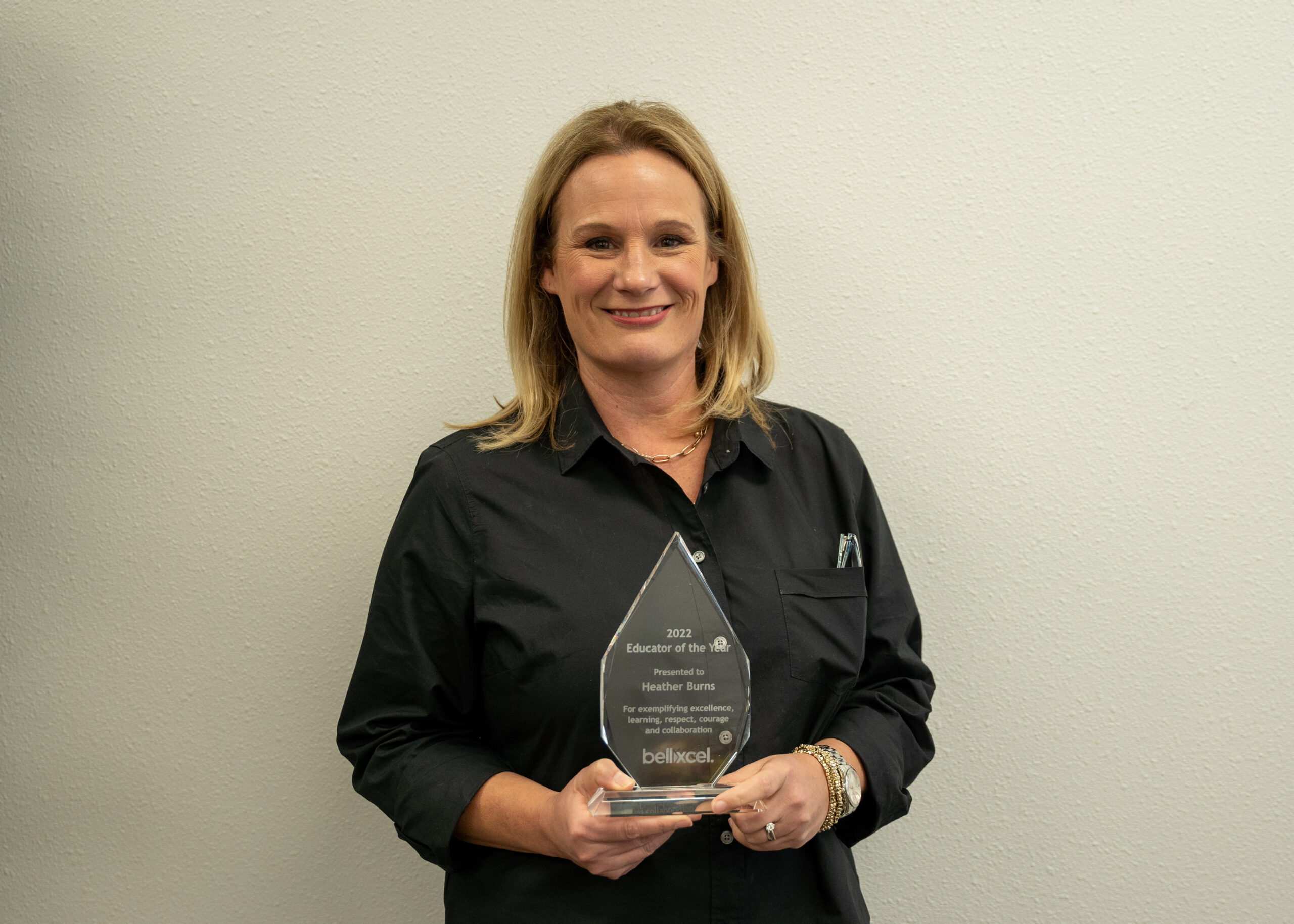
BellXcel Names 2022 Educator of the Year, Heather Burns, coordinator of early childhood education and curriculum support for the East Central Independent School District.
MARCH 14, 2023 — Each year, BellXcel evaluates a large pool of educators nationwide to acknowledge a single outstanding educator dedicated to helping children reach their full potential. The award recognizes an educator who best exemplifies BellXcel’s core values of excellence, learning, respect, courage and collaboration.
Lauren Sanchez Gilbert, Ed.D., CEO of BellXcel, presented the Educator of the Year award to Heather Burns during a surprise visit to the San Antonio school district office earlier this month.
“It is my great honor to present Heather Burns with the award for Educator of the Year,” said Dr. Sanchez Gilbert. “The resounding feedback from her colleagues highlighted Heather’s unwavering commitment to creating optimum learning environments and outcomes for the students of the East Central Independent School District. We are honored to recognize the impact she is making.”
“Great educators are vital to strengthening communities and building our future. BellXcel looks forward to celebrating their hard work through its Educator of the Year award,” Dr. Sanchez Gilbert added.
During Burns’ tenure at the ECISD, she’s built both student curriculum and educator-focused systems. She works with multiple departments within the district, as well as external partners on early childhood education, summer programming and teacher appraisals. She’s been invited to speak at the Texas State Capitol as a voice for early childhood education and has had several districts and organizations reach out to her to bring staff members into the ECISD to observe programs she manages.
“Heather is a results-oriented leader who works diligently to ensure successful outcomes for all students in ECISD,” said Jennifer Kasper, director of curriculum and instruction at East Central Independent School District. “She collaborates with members across various departments to provide comprehensive support and to leverage systems that guarantee long-term positive impact across the district.”
About ESCID
Established in 1949, East Central Independent School District’s core business is growth, vision and mission for every student, every school, every day. Committed to quality education, ECISD strives to promote a positive school climate that optimizes teaching and learning in accordance with the values of its community. Creating dynamic problem-solvers for a diverse, global economy through an engaging curriculum is of paramount importance to ECISD, which has a current enrollment of more than 10,000. For more information, visit ecisd.net
Meet Geffrey
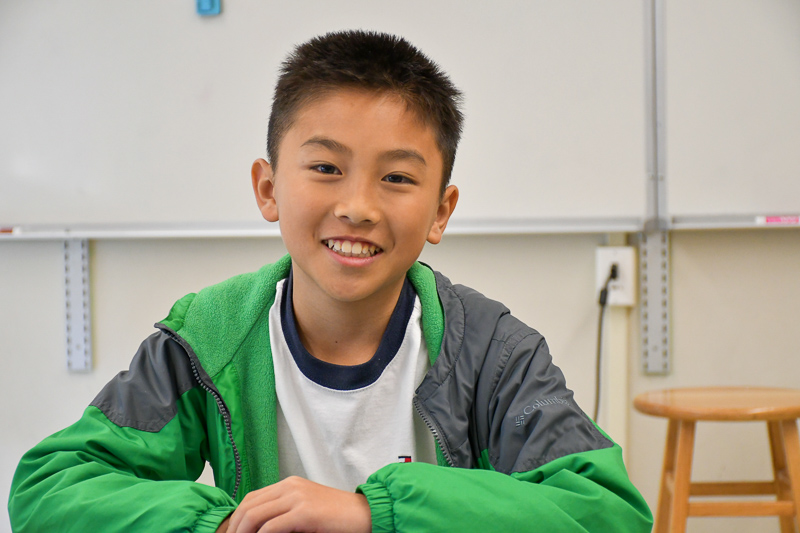
Geffrey is a rising 6th grade scholar in his first summer enrolled in a BellXcel-powered summer program.
Tell us about what you are learning in the program.
We learn a lot in fun activities and they teach us math and language arts. In math, I’m learning how to subtract, add, and multiply fractions and decimals.

When you go back to school do you feel you will have a head-start?
Yeah, I think because most people if they don’t go to summer school, they might lose their knowledge about some important stuff. I think I am better prepared for school. Some of my friends in 6th grade told me it’s a review of what they learned in school so I’m getting a head start. It’s making us review the materials.
What is the difference between this and school?
I think it’s more fun learning and the teachers have more time to spend with you to teach you things you are having a hard time with. That’s the biggest difference – not feeling so pressured and rushed.
What else do you like about the program?
I can go up to the whiteboard more and write answers the questions. I can participate more.
Professional Learning that Leads to Increased Teacher Satisfaction … and Scholar Success!
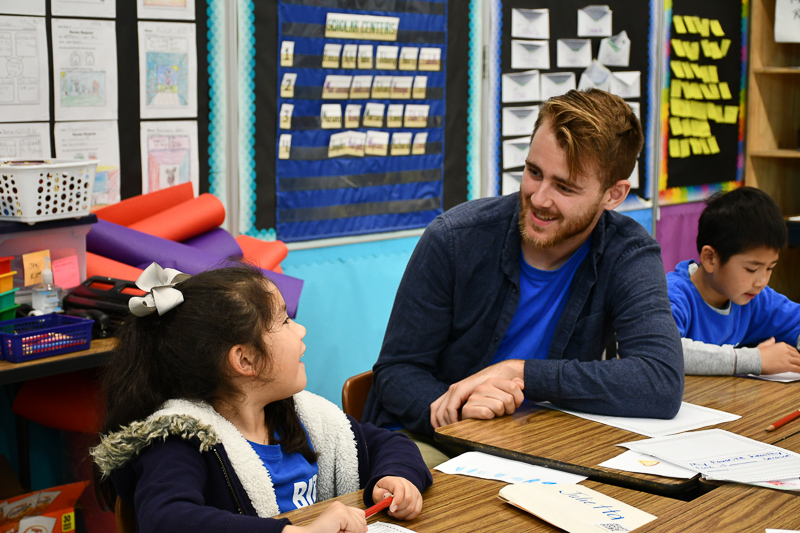
Q&A with Beth Putnam, Assistant Director, Department of Alternative Education, Saint Paul, MN
The mission of the Department of Alternative Education in Saint Paul, Minnesota is to provide focused daytime, extended day, and summer learning opportunities to support student achievement leading to graduation. Power Scholars Academy (PSA) has been a summer learning program at Saint Paul Public Schools for seven years.
In your opinion, what distinguishes Power Scholars Academy from summer camps and other programs?
Power Scholars Academy offers a unique experience to students in both structure and content. Due to collaborative use of funds, scholars attend more hours and days than in most of our other programs, making it possible to teach core academics in the morning with licensed staff and enrichment, including field trips, in the afternoon with YMCA staff. The number of scholars working with each adult is lower than in most other programs, making differentiated one-to-one and small-group instruction more feasible. The literacy curriculum reflects the racial and cultural identity of students who attend, and data shows it is successful in meeting its intended results. As a bonus, scholars get to take books home.
What elements of the PSA program are particularly conducive to the success of scholars and educators?
The PSA curriculum, including assessments, supports teachers in knowing exactly what each scholar needs. Staff receive extensive training, materials are high interest, and scholars are able to do interest- and community-based experiential learning in the afternoons—these are all benefits leading to success. It is the perfect opportunity for scholars to stay physically active, maintain their academic skills, and develop social and emotional and leadership skills while learning more about their community, other people, and themselves.
How does PSA empower educators during the summer, and is this impact being felt in the school year?
Many of our PSA educators come back year after year. Although the school-year curriculum and instruction may be different than what is used for PSA, what is learned during PSA professional development and throughout the session becomes part of how staff approach and carry out their work during the school year. The close student and staff relationships built during PSA provide a solid basis for those whose work together continues past the session, ultimately increasing student success and staff job satisfaction.
Video Tutorials – Remote Quality Reflection Tool
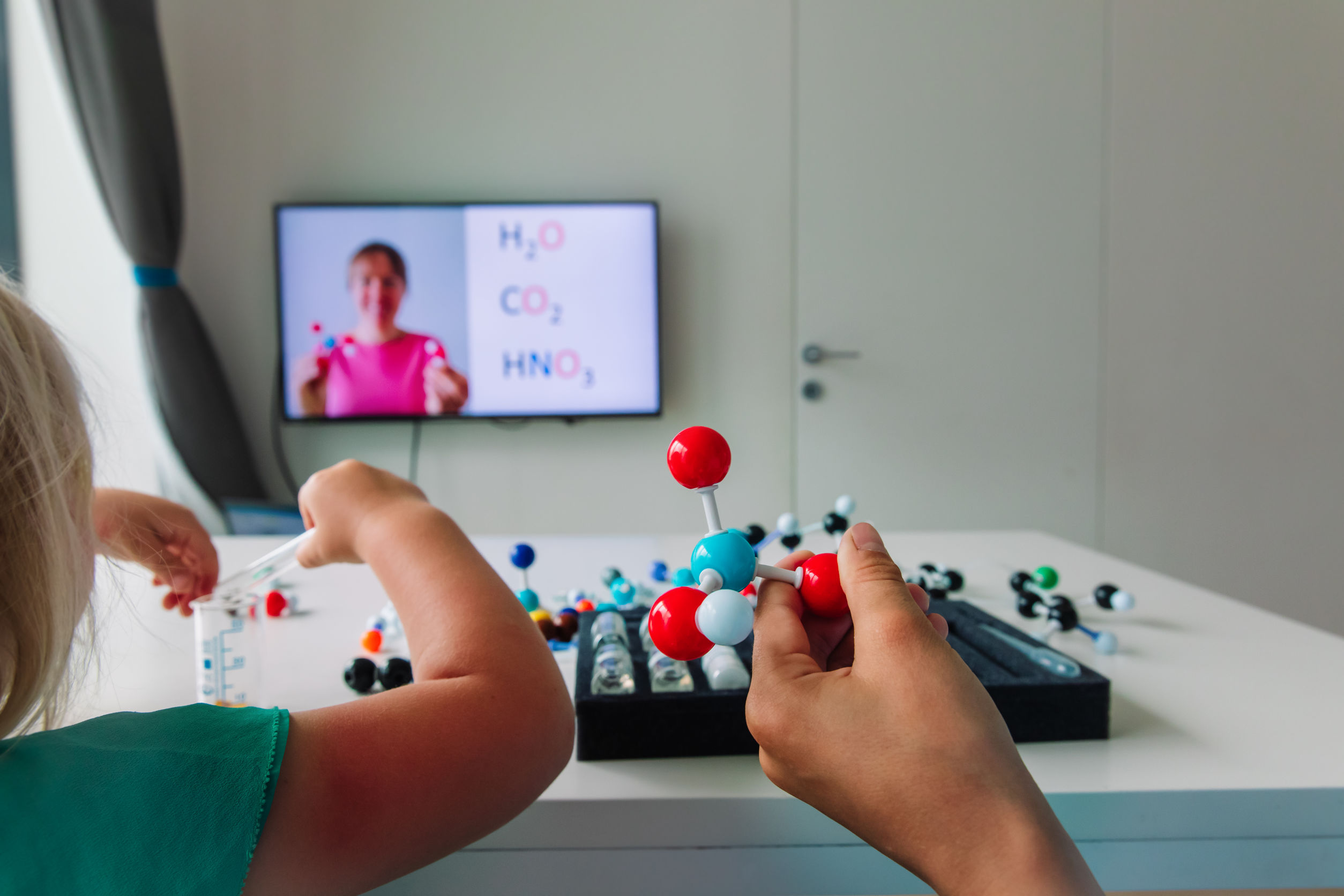
In our efforts to support you in using the Remote Quality Reflection Tool, we are pleased to provide the following videos that offer guidance, suggestions, and best practices when completing indicator ratings and reflecting on quality. Each video focuses on specific areas related to the tool purpose, use and completion, evidence collection, and making the data actionable within your remote learning programs. We hope you will find this information helpful as you rate and reflect on your program quality. Additionally, we encourage you to contact us with your feedback or if we can be of assistance.
Introduction to the Remote Quality Reflection Tool
1. Purpose, Goals and Evidence
2. How to Use the Remote Quality Reflection Tool
3. Evidence Collection
4. Reflection and Continuous Improvement
Remote Quality Reflection Tool
With nearly three decades of experience creating evidence-based programs, we know how important program quality is to a young person’s experience and ability to learn and grow. Assessing quality in a remote environment is new to many organizations and was top-of-mind for us as we created BellXcel Remote, our evidence-based, teacher-led approach that adapts the classroom experience for home use during this time of distance learning.
We called upon our affiliate, The Sperling Center for Research and Innovation (SCRI), to create the Remote Quality Reflection Tool for our remote program partners to assess and understand program quality.
Who can use this tool?
We are pleased to make this tool publicly available to empower any program to drive improvement through identifying areas of strength and progress on research-based indicators. We believe that the use of this tool will help to increase the collective knowledge base of remote learning.
Learn how to use this tool
Access a series of informative videos to gain guidance, suggestions and best practices when utilizing the Remote Quality Reflection Tool.
Download this free tool today!


